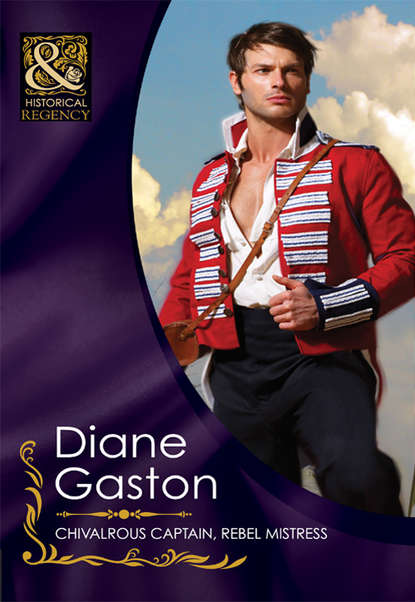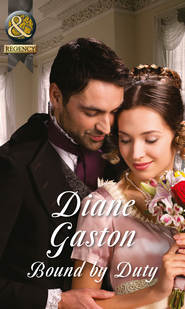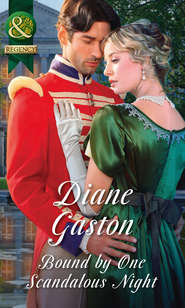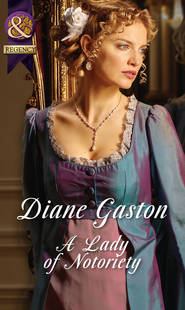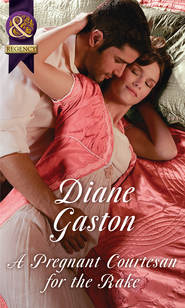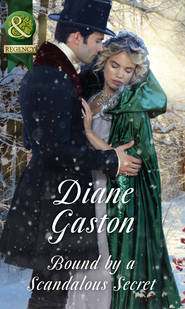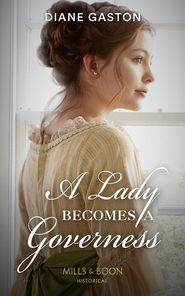По всем вопросам обращайтесь на: info@litportal.ru
(©) 2003-2024.
✖
Chivalrous Captain, Rebel Mistress
Настройки чтения
Размер шрифта
Высота строк
Поля
Was it hard on them? he wondered. He’d always imagined they were used to him being far away. He’d been gone longer than his father.
A German voice shouted what could only have been an order. The tramping of feet and cacophony of men’s voices suggested to Allan that the French must be closing in on the farm.
‘What does it mean?’ she asked, her voice breathless.
He tried to appease her alarm. ‘I suspect the Nassauers have been ordered out of the château. That is all.’
Her eyes flashed like a cornered fox. ‘That does not sound good. I wish I had stayed in Brussels.’ Her expression turned ironical. ‘It is too late to be remorseful, is it not?’
‘My father used to say it is better to do what one is supposed to do now than to be remorseful later.’
She kept her eyes upon him, and he realised he had brought up the subject he most wanted to avoid.
‘A wise man,’ she said.
‘He was.’ The pain of his father’s loss struck him anew.
She regarded him with sympathy. ‘He is deceased?’
‘He was killed.’ He cleared his throat. ‘You heard, no doubt, of the Luddite riots in Nottinghamshire a few years ago?’
She nodded.
‘My father was the local magistrate. The rioters broke into our house and killed him.’
Her expression seemed to mirror his pain. ‘How terrible for you.’
Suddenly muskets cracked and shouts were raised, the sounds of a siege.
She paled. ‘The French are attacking?’
He paced. ‘Yes. And I must go.’ He hated to leave her. ‘Stay here, out of the way. You’ll be safe. I’ll come back for you after the battle. With any luck I can see you returned to Brussels. Perhaps news of this escapade will not spread and your reputation will be preserved.’
‘My reputation.’ She gave a dry laugh. ‘What a trifle it seems now.’ She gazed at him with a new intensity. ‘You will take care, Captain?’
Allan thought he would carry the impact of her glittering blue eyes throughout the battle. ‘Do not worry over me.’
More muskets cracked.
He turned in the sound’s direction. ‘I must hurry.’
‘Yes, you must, Captain.’ She put on a brave smile.
‘I’ll be back for you,’ he vowed, as much for himself as for her.
She extended her hand and he wrapped his fingers around it for a brief moment.
‘Godspeed,’ she whispered.
Allan forced himself to leave her alone in the hallway. He retraced their steps through the house, angry that her foolish act placed her in such danger, and angrier still that he could not extricate her from it.
He had his duty, his orders. Orders must be obeyed.
Allan’s duty was to be Generals Tranville and Picton’s messenger during the battle. He was paired with Edwin Tranville, the general’s son, and both were given the same messages to carry so that if one was shot down, the other might still make it through. Unfortunately, right after the first message was placed in their hands, Edwin disappeared, hiding no doubt.
Edwin had hid from battle countless times on the Peninsula. Afterward he would emerge with some plausible explanation of his whereabouts. This time, however, his cowardice meant that Allan alone must ensure Tranville and Picton’s messages made it through.
The outcome of the battle could depend upon it.
So he had no choice. He had to leave Miss Pallant here at Hougoumont, which could well become the most dangerous place in the entire battle. The French would need to attack the farm to reach Wellington’s right flank, and Wellington ordered Hougoumont held at all costs.
Allan reached the entrance of the château, Miss Pallant’s clear blue eyes still haunting him. The mixture of courage and vulnerability within her pulled at his sensibilities, making him ache to stay to protect her.
But the soldier in him had orders to be elsewhere.
This was more blame to lay at Edwin’s feet. If Edwin possessed even half of Miss Pallant’s courage, Allan could trust him to carry the generals’ messages, and seek permission to take her back to Brussels.
Outside the château Allan stopped one of the Coldstream Guardsmen, the British regiment defending Hougoumont. ‘What is the situation?’
‘Our men have been driven back from the wood. The enemy is close by.’
Allan ran to the wall and looked through a loophole while an infantryman reloaded.
The woods below teemed with the blue coats of the French, their cream trousers brown with mud. As they broke into the open, British soldiers, firing from the walls, mowed them down. Their bodies littered the grass.
Allan searched for Colonel MacDonnell and found him inside the farmhouse at an upper window that provided a good view of the fighting.
MacDonnell said, ‘You’d better wait a bit, Landon.’
‘I agree, sir.’
The sheer number of Frenchmen coming at the walls and falling from the musket fire was staggering. The enemy regiment was one commanded by Prince Jerome, Napoleon’s brother, but the walls of the farm offered good protection. The French had no such advantage.
Allan turned to MacDonnell again. ‘May I be of service in some way?’
The colonel looked proud. ‘My men are doing all I could wish. I have no need of you.’
Allan could not merely sit around and watch. He returned to the yard and searched for any weakness in the defence. One soldier was shot in the forehead, the force of the ball throwing him back on to the ground. French ladders appeared at the gap created by the man’s loss.
Allan seized the man’s musket, powder and ammunition and took his place at the wall, firing through the loophole until the ladders and the men trying to climb them fell upon the ground already filled with dead and wounded.
‘Look! ‘ cried one of the guardsmen nearby. ‘The captain knows how to load and fire a musket! ‘
Other guardsmen laughed, but soon forgot about him as another wave of blue-coated soldiers tried to reach the walls.
Allan lost track of time, so caught was he in the rhythm of loading and firing. Eventually the shots around him slowed.
‘They are retreating!’ a man cried.





